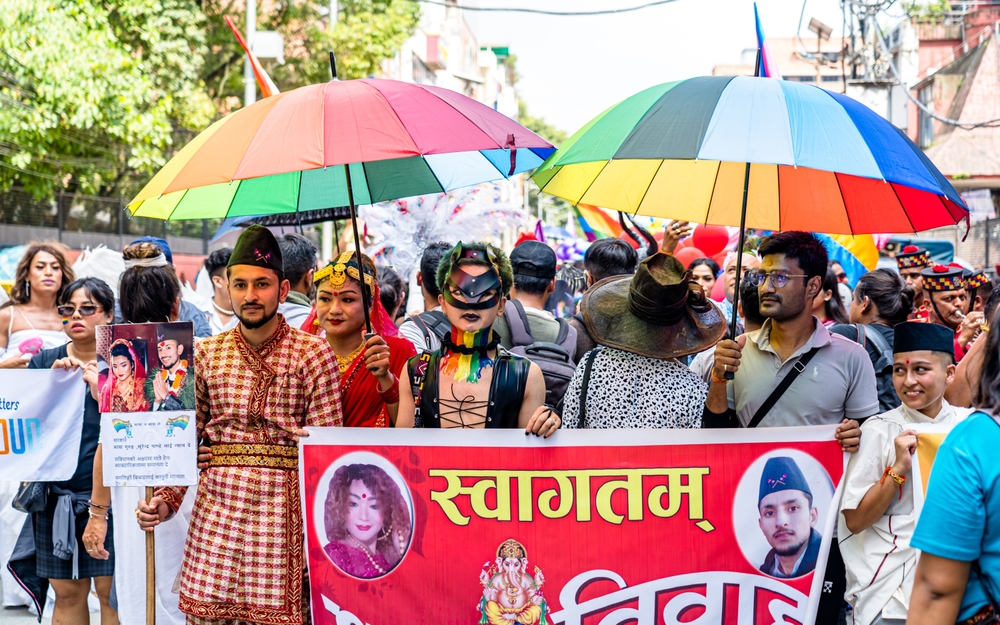As an LGBT+ rights activist and leader of the Federation of Sexual and Gender Minorities-Nepal, one of my jobs is to witness medical abuses as I accompany transgender people trying to be legally recognized according to their gender identities. The ad hoc medicalized process is the only route to legal recognition in Nepal, but it violates Nepali court orders and international law. It needs to change urgently.
A new report from Human Rights Watch includes accounts of trans people who have pursued medical examinations to verify that they have undergone sex reassignment surgeries. This includes doctors looking at and touching their genitals and breasts, and commenting on how well their bodies fit stereotypes.
The issue of legally recognizing gender identity is not new to Nepal. Our Supreme Court broke ground in 2007 — it was one of the first judiciaries in the world to fully endorse the principle that transgender people deserve to self-identify their gender on legal documents. It has been clear for over 15 years that in Nepal, as in human rights law, the legal process for changing our genders should be completely separated from any medical interventions we want to choose for ourselves to change our bodies.
But somehow in the course of the years, various officials have come to believe that it is necessary for people who want to change their gender on official documents to prove that they have had medical intervention. That misconception spread and the government has not stepped in to make it clear that it is not required.
I know the hallways of Kathmandu’s main hospital well because I have witnessed this medicalized process dozens of times.
Each time I talk to someone who wants to undergo the process, I warn them about how the doctors will treat them — and about how the experience at the bustling central government hospital in Kathmandu will violate their privacy. I also tell them how, in truth, this process is entirely unnecessary and contrary to human rights. Their identity is theirs alone, but because the government of Nepal hasn’t clarified its legal gender recognition procedure, this ad hoc process has emerged — and appears to be the only route to changing their legal documents to list their true identities.
Each time a new trans person comes to me asking for assistance, I counsel them that the process will be unpleasant, and that it will violate their rights. Some of them choose to walk away and avoid the experience, but some choose to undergo it. It’s their only option in the current policy environment, and it is heartbreaking to witness my brilliant and resilient peers undergo the medicalized process — and then wait for months if not years as the government processes the medical files and issues them new documents.
Sadly, despite wide-ranging support in our government for LGBT people, and a lot of good policy change over recent years, we are still struggling with the over-medicalization of legal gender recognition for transgender people. As a transgender woman, I find it painful to witness my community go through these horrible experiences 17 years after the Supreme Court made it clear that “self-feeling” was the only requirement for legal gender recognition. But I know our community is strong, and that we won’t stop pushing for a policy that respects our rights.
We are hopeful because our Supreme Court has consistently articulated that transgender rights are human rights. We are hopeful because international law and global medical best practices, such as the World Professional Association for Transgender Health Standards of Care, make it clear that there should be no medical interference in self-declared legal gender recognition. And we are hopeful because we know that our culture has long celebrated gender fluidity, and our government has been praised for its record on LGBT rights.
What we need now is real, tangible policy change. The government needs to clarify that the process for changing a person’s legal gender is separate from the process that person may or may not choose to medically alter their body. What we talk about with our doctors is our private business; it should have no bearing on what our legal documents say our gender is.

